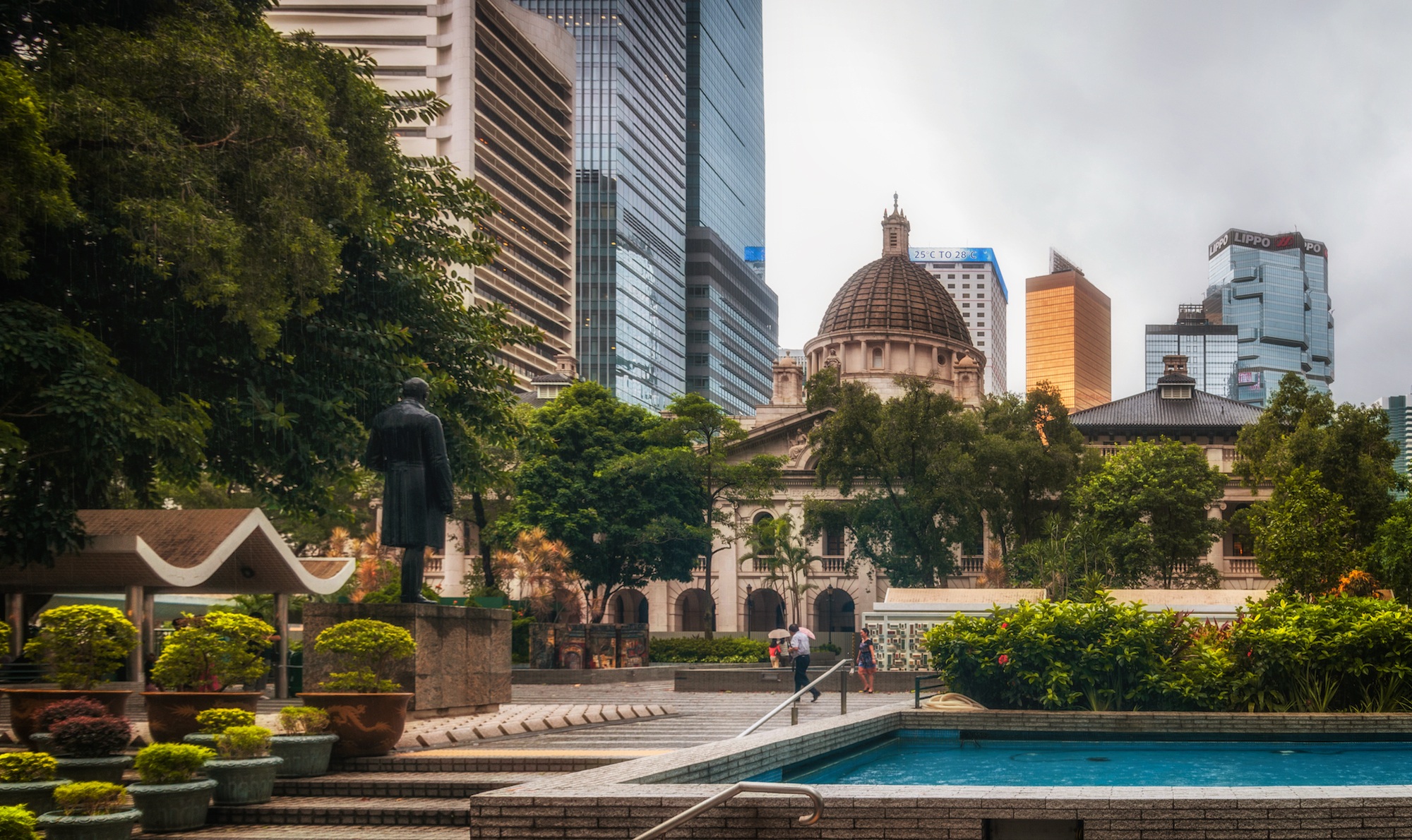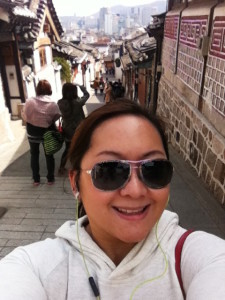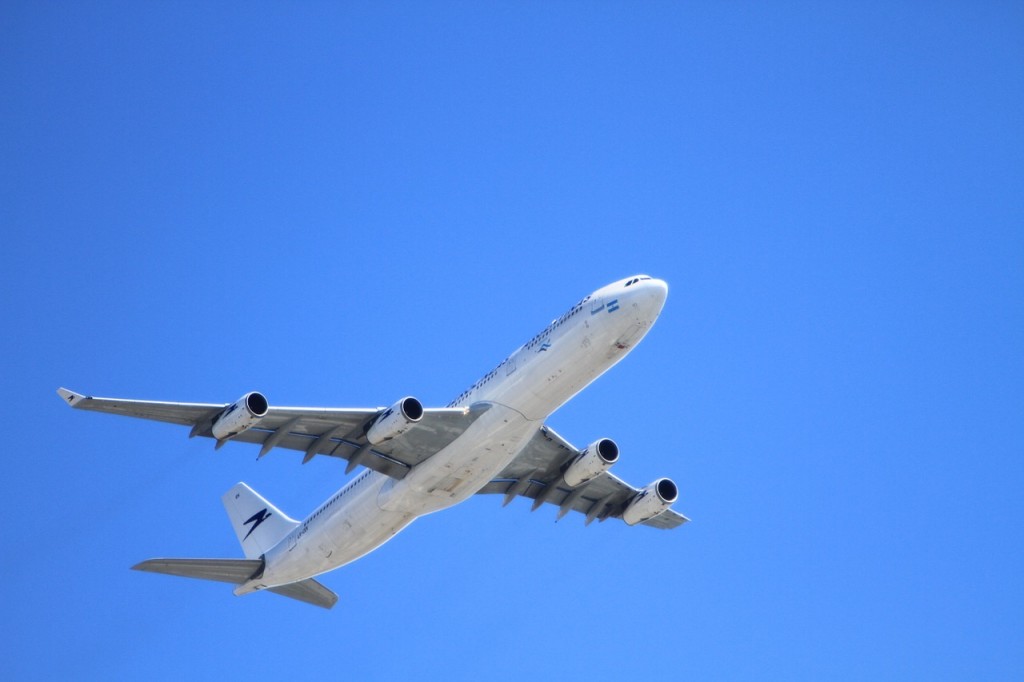Living and working overseas can be an exciting opportunity for many millennials, but starting out can be daunting. Everyone will have a different reason for wanting to work abroad and no two experiences are exactly alike.
“Personally, I started working [in Hong Kong] because my family was there — it was a way for me to go visit my family.”
For Sindy Leung, a millennial now living and working in Toronto, spending her summers working in Hong Kong has been an annual undertaking since she finished high school. Her first job came through a family connection.
“My very first job working in Hong Kong was at a local school, but now it’s considered an international school,” she said. “I started working there because the principal of the school used to go to my parent’s church and every summer they would hold a summer camp for kids.
Many millennials are now choosing to work abroad before settling into a career back home. For many it’s a chance to gain valuable work experience, for others it’s a chance to grow personally, and for some the lack of work opportunities in their chosen field means it’s a necessity.
Sindy studied early childhood education (ECE) in Canada and found work abroad that matched the professional skills she wanted to develop. During a recent 10-month stint in Hong Kong she taught English phonics to students ages three to seven.
…you have to be prepared to make adjustments.
“I went to school for ECE [in Canada] so I learned different behavioural techniques, learning styles and teaching techniques to work with kids with different abilities and that’s helped because I taught a pretty wide variety of kids with different levels of English.”
She said there is a cultural difference between the Canadian learning system which includes a lot of child-directed learning, and programs in Hong Kong, which tend to be very academic.
“Things like that were a little bit difficult because it’s not what I’m used to,” she said. “I was used to the Canadian system, so it was a little bit awkward for the first couple of weeks trying to figure it out.”
It’s great advice for anyone starting out in a new place. Fitting in takes time but she said researching and understanding some of the cultural difference where you’ll be working can help, and is something to do even before you leave.
“One of the things to just be aware of and be prepared for when working overseas is it’s a different culture and people have different traditions and the way they do business…is very different than the way we operate in Canada. So you have to be prepared to make adjustments.”
For example, she said benefits are a rarity in Hong Kong, and you need to make sure you have a doctors note if you’re ever sick.
“The cultural message…applies to every aspect. So whether it be the job, or where you’re living, or the kind of people you hang out with, the students you teach, the parents, [you have to remember] you are going to a different country, you speak a different language, there’s language barriers, there’s communication barriers, there’s cultural differences that you have to learn to adapt to or work around.”
Preparing yourself for the cultural transition might sound arduous but it doesn’t mean there aren’t a lot of fun things to do.
There are a lot of different ways to meet people, you just have to find your common interest.
For example, she said there are a lot of expats living, working and visiting Hong Kong, especially during the summer, and an endless supply of activities. She says in particular, Hong Kong has a lot of water-related activities like kayaking, surfing and paddle boarding. One of the most popular activities she described is Junk Boating.
There is also the opportunity to meet and do activities with coworkers. She said some of her coworkers had even taken the same path as her: growing up overseas then moving home to teach. Other were locals who had gone overseas to school then returned and were now teaching English.
“I became friends with both sides because I speak English and Chinese so I can relate to both groups,” she said, adding that they would go out to restaurants, go shopping and even to movies. “There’s a lot of different ways to meet people, you just have to find your common interest.”
As for specific advice for millennials looking to teach English abroad, she said investing in a TEFL certificate or “teaching English as a Foreign Language” which is offered by most colleges and universities as well as other businesses, is a great place to start.
“Definitely do your research before you go. Make sure you understand what their culture is like so that when you go you’re not completely culture shocked.”
Have you or are you planning to work overseas? Tell us about it below.




